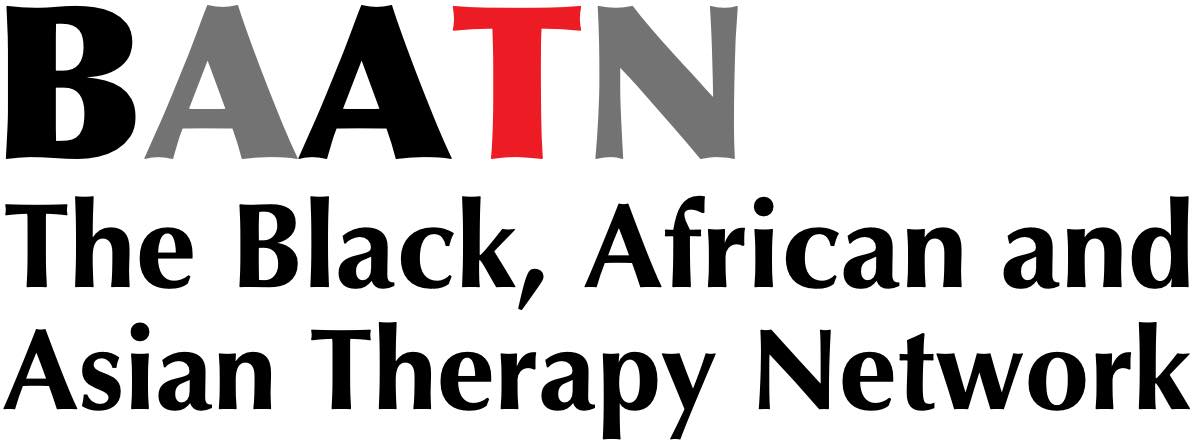Mental Health & Therapy In The Black Community
How To Tackle The Taboo Associated With Mental Health

As mental health becomes more talked about, it’s important we also talk about Black mental health, especially in times like these when we are seeing a lot of public discussion about systemic racism. In the UK, Black British people are more likely to be diagnosed with psychosis, to encounter inpatient mental health services and to be detained under the Mental Health Act than their white counterparts.
"In the UK, Black British people are more likely to be diagnosed with psychosis, to encounter inpatient mental health services and to be detained under the Mental Health Act than their white counterparts."
The topic is finally being destigmatized, and thanks in part to social media, plenty of us are finding and making room to express our feelings. Yet there is still work to be done for a number of people — namely, in the Black community, where talking about mental health can still feel largely taboo.
A number of reasons can be factored into why so many struggle to engage in this conversation:
➡ TRUST IN HEALTHCARE PROFESSIONALS
Many Black people have difficulty trusting the mental health care system, as it’s been weaponized prejudice against us routinely. Their prejudices lead them to draw conclusions that can have severe consequences on our health. This mistrust leads to a vulnerable population that needs these services but distrusts the people who provide the services.
➡ CULTURAL TEACHINGS
Black parents can often instill into their children the belief that we must always be resilient no matter what hurdles we face, and many of us are encouraged to lean on our spirituality during our low moments rather than seek out support from mental health professionals.
➡ SOCIETAL PRESSURES
When someone decides to be vulnerable about what they’re going through, they are often labeled as weak by their peers and elders — especially men, given that they are conditioned since adolescence through the media and family members to never cry or show emotion.
➡ ACCESS TO RESOURCES
Private counselling can cost anywhere between £40 and £150 a session depending on where you live and the type of therapy. The NHS offers free psychological therapies but this is usually a limited number of sessions and waiting times can be up to a year.
Unfortunately there isn’t any one fix for mental health issues, however,times are changing. Thankfully, there are numerous low-cost and free mental health resources out there for people experiencing distress.
Your life and mental health matter — and one of the best ways to take issues into your own hands is to speak
up, and join the conversation.
To get more information about mental health support, sign-up to our newsletter for useful resources!



